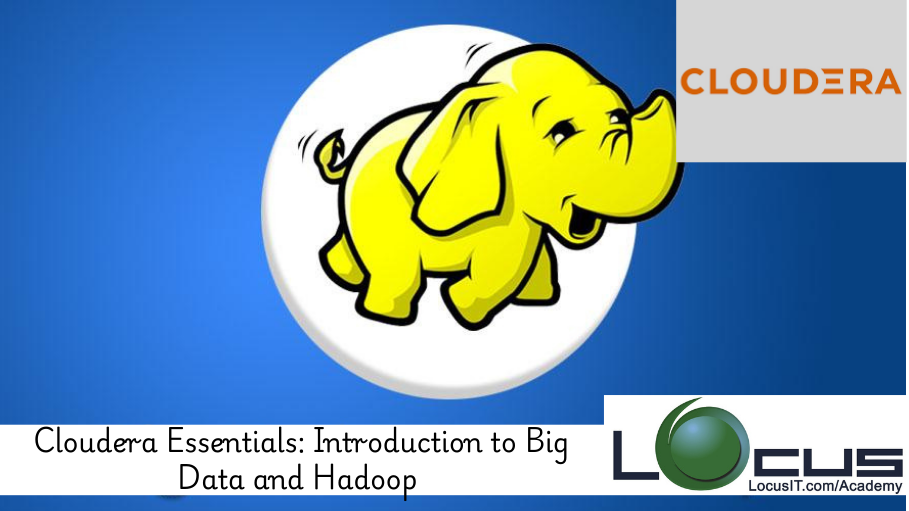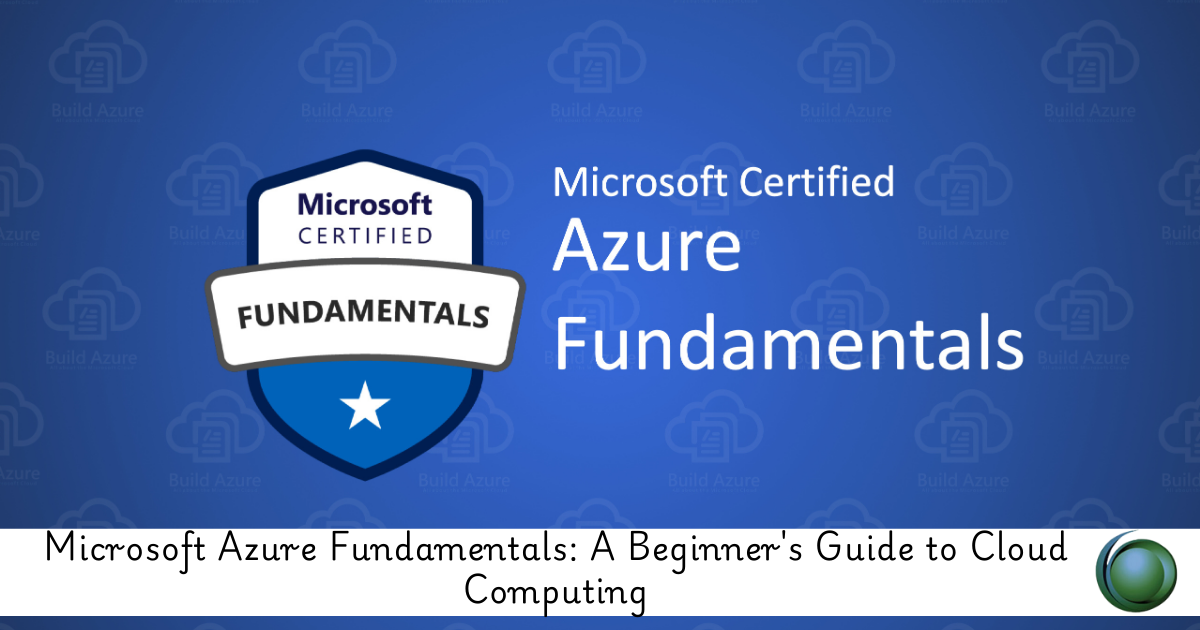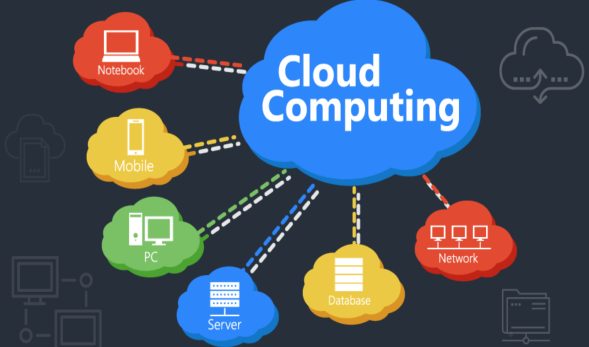Description
Introduction
Big Data has revolutionized how businesses handle vast amounts of information, and Hadoop is at the heart of many Big Data solutions. This course provides a comprehensive introduction to Hadoop, its ecosystem, and how it enables scalable data storage and processing. You’ll learn how to manage, analyze, and extract insights from large datasets using Cloudera’s platform, which provides robust tools for data engineers, data scientists, and analysts. By the end of the course, you’ll understand how Hadoop works and how it can be leveraged to solve real-world business problems.
Prerequisites
- Basic knowledge of databases and data management concepts.
- Familiarity with programming (Python, Java, or SQL) is beneficial but not required.
- No prior experience with Hadoop or Big Data is required.
Table of Contents
- Introduction to Big Data and Hadoop
1.1 What is Big Data?
1.2 Characteristics of Big Data: Volume, Variety, Velocity, and Veracity
1.3 Understanding Hadoop: A Distributed Computing Framework
1.4 Benefits of Big Data and Hadoop for Businesses - Overview of the Hadoop Ecosystem
2.1 Key Components of the Hadoop Ecosystem
2.2 Hadoop Distributed File System (HDFS)
2.3 MapReduce: Data Processing in Hadoop
2.4 Introduction to YARN: Resource Management
2.5 Other Ecosystem Tools: Hive, HBase, Pig, and Impala - Setting Up a Cloudera Environment
3.1 Installing Cloudera QuickStart VM
3.2 Introduction to Cloudera Manager
3.3 Understanding Cloudera’s Enterprise Data Hub (EDH)
3.4 Managing Hadoop Clusters with Cloudera - Working with Hadoop Distributed File System (HDFS)
4.1 HDFS Architecture and Design
4.2 Storing and Retrieving Data in HDFS
4.3 HDFS Commands and Operations
4.4 Best Practices for Data Storage in HDFS - Data Processing with MapReduce
5.1 Introduction to MapReduce(Ref: Mastering Cloudera: Data Engineering with Apache Hadoop and Spark)
5.2 Understanding the Mapper and Reducer Functions
5.3 Writing and Running MapReduce Jobs
5.4 Debugging and Optimizing MapReduce Jobs - Managing Data with Apache Hive
6.1 Introduction to Apache Hive
6.2 Hive Data Model: Tables, Partitions, and Buckets
6.3 Writing Hive Queries with HiveQL
6.4 Integrating Hive with HDFS
6.5 Optimizing Hive Performance - Working with Apache HBase for Real-Time Data
7.1 What is Apache HBase?
7.2 HBase Architecture and Design
7.3 Interfacing with HBase using the HBase Shell
7.4 Integrating HBase with Hadoop and Hive - Data Processing with Apache Pig
8.1 Introduction to Apache Pig
8.2 Pig Latin: Writing and Running Scripts
8.3 Working with Pig in Hadoop Ecosystem
8.4 Pig vs MapReduce: When to Use Each - Introduction to Apache Impala
9.1 What is Apache Impala?
9.2 Impala Architecture and Querying Data
9.3 Running SQL Queries on Hadoop with Impala
9.4 Impala vs Hive: Key Differences - Data Security and Privacy in Hadoop
10.1 Understanding Hadoop Security Features
10.2 Authentication and Authorization with Kerberos
10.3 Data Encryption and Privacy Best Practices
10.4 Securing Hadoop Clusters with Cloudera Security Tools - Managing and Monitoring Hadoop Clusters
11.1 Monitoring Cluster Health with Cloudera Manager
11.2 Performance Tuning and Optimization
11.3 Troubleshooting Common Issues in Hadoop
11.4 Cluster Maintenance and Best Practices - Real-World Applications of Big Data and Hadoop
12.1 Big Data Use Cases in Various Industries
12.2 Case Study: Data Analytics in E-commerce
12.3 Case Study: Real-time Data Processing in Healthcare
12.4 Leveraging Hadoop for Predictive Analytics and Machine Learning - Future of Big Data and Hadoop
13.1 Emerging Trends in Big Data Technologies
13.2 The Role of Artificial Intelligence and Machine Learning in Big Data
13.3 Hadoop in the Cloud: Benefits and Challenges
13.4 What’s Next for the Hadoop Ecosystem
Conclusion
This course has provided a solid foundation in Hadoop and Big Data, focusing on the key components and tools within the Cloudera ecosystem. From managing massive datasets to performing advanced data analytics, Hadoop offers powerful capabilities for businesses to leverage Big Data. As Big Data continues to evolve, understanding how to work with Hadoop will provide valuable insights and skills for tackling the data challenges of tomorrow. With hands-on experience, you are now equipped to start building scalable, data-driven solutions using Hadoop.







Reviews
There are no reviews yet.